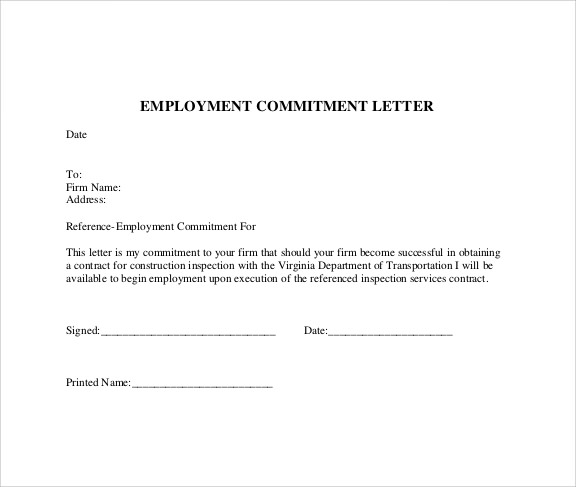
Hughes quickly agreed, to Madsen’s surprise, but the mother was not aware of the rape allegations. But her daughter had gone through a difficult few years and wanted to make a change.

Hughes had not been involved in the girl’s life previously, according to her mother, Chayla Madsen. In late 2017, Hughes’ estranged 14-year-old daughter moved in with him. Soldiers stationed in Kuwait attend the 4th Quarter Sexual Harassment Assault Response Prevention (SHARP) training at Camp Arifjan, Kuwait on 2 July 2019. Charges that he intentionally cut the woman using a broken glass bottle were also dropped as part of the agreement. Hughes later pleaded guilty to that rape.īut his plea agreement avoided charges that he told his then-girlfriend to not speak to agents who were investigating Ramirez’s case. Years later, while Army CID was investigating the rape of Ramirez after the Super Bowl party, Hughes violently raped his then-girlfriend at Fort Bliss in the summer of 2017. Army investigators said Hughes raped his then-wife at Fort Carson in Colorado, but the charge was dropped as a part of Hughes’ plea agreement. The allegations of rape against Hughes date back to 2006, though that case was not reported at the time. The report said there was “not a systemic problem” in whether the Army decides to prefer charges against suspects, and in nearly all the cases reviewed, the “decisions were reasonable.”
Committed personnel trial#
“ should be horrified their failure to hold the rapist accountable enabled a sex offender to perpetrate a crime wave against multiple victims,” said Christensen, who was not part of the case against Hughes, after looking at the trial results.īrady’s statement pointed to a Pentagon report from last year that reviewed penetrative sexual offenses in 2017. Commanders often hand down nonjudicial punishments and administrative actions instead, he added. In roughly a third of those cases, the charges never make it to court. When leaders take action against accused troops, suspects are charged in 49 percent of cases, according to Christensen. In the vast majority of cases, leadership decides to do nothing.” “Right now, I’d say the military is uniquely bad at evaluating the strength of an allegation.

“Despite the persistent myth that suspected military sex offenders are prosecuted at a high rate, the reality is the chain of command rarely ever sends a suspect to court,” said Christensen, who testified before Congress last month on the issue of sexual assault in the armed forces. Don Christensen, former chief prosecutor for the Air Force and current president of Protect Our Defenders. The failure to prosecute sexual misconduct cases is more the norm than the exception in the U.S.

“While the Privacy Act precludes us from commenting on specific cases, it’s important to note that a probable cause finding is not a final determination there is sufficient evidence to prosecute,” Brady added in response to questions about why Hughes only received a GOMOR after Ramirez’s complaint. “Our hearts go out to these victims, and we are thankful there was enough evidence to prosecute him, convict him of serious offenses and sentence him to a lengthy period of confinement,” said Michael Brady, the Army’s principal deputy chief of public affairs, in a statement to Army Times. Hughes’ case also comes to light at a time when the military as a whole is bracing for a new push from Capitol Hill to strip commanders of their authority over sexual assault cases and instead turn those cases over to civilian prosecutors.

Hughes’ repeated rapes and the Army’s failure to investigate and prosecute them aggressively raises troubling questions about how the service handles sexual assault complaints. The women said they believe more of Hughes’ victims remain out there, fearful of coming forward or unaware that anyone cares. Several of the women spoke to Army Times about Hughes and explicitly asked that their names be included in this article, prompting a break from the normal practice of not naming victims of sexual assault.


 0 kommentar(er)
0 kommentar(er)
